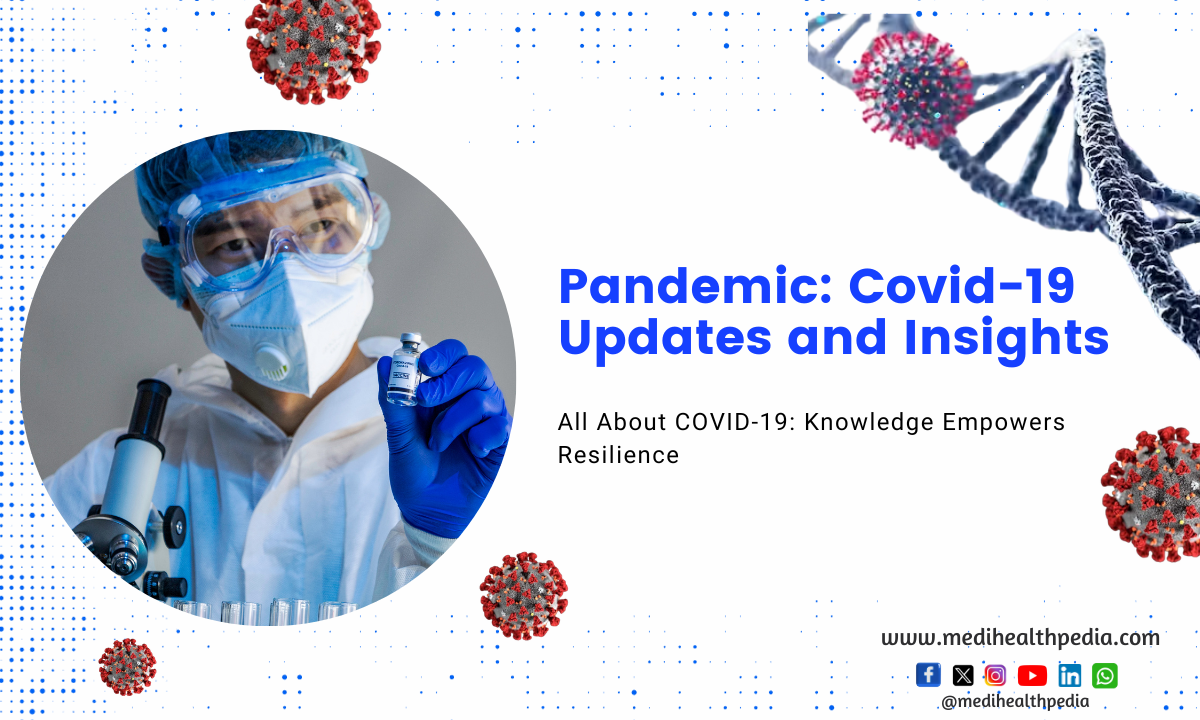From Panic to Power: 10 Proven Ways to Shield Yourself Against CoVID-19
Introduction
The coronavirus disease 2019 (CoVID-19) has rapidly spread across the globe since its emergence in late 2019, posing a significant threat to public health. This article aims to provide an in-depth understanding of CoVID-19, key prevention measures, and proactive steps individuals can take in both home and public settings to minimize the risk of infection. Furthermore, we will delve into the importance of mental and emotional well-being during these uncertain times, the significance of staying informed and adapting to changes, and explore natural approaches that may enhance CoVID-19 protection and recovery.

Understanding COVID-19
CoVID-19, caused by the novel coronavirus SARS-CoV-2, primarily spreads through respiratory droplets when an infected person coughs, sneezes, or talks. However, it is essential to note that the virus can also be contracted by touching contaminated surfaces and then touching the face, specifically the eyes, nose, and mouth.
The symptoms of CoVID-19 can range from mild to severe and can include fever, cough, sore throat, shortness of breath, and fatigue. In severe cases, it can lead to pneumonia, acute respiratory distress syndrome (ARDS), organ failure, and even death. It is crucial to understand the symptoms and the mode of transmission to prioritize prevention and protect ourselves and others.
Key Prevention Measures
To significantly reduce the risk of CoVID-19 transmission, it is imperative to follow a set of key prevention measures diligently. These measures include:
- Regularly washing hands with soap and water for at least 20 seconds
- Use hand sanitizer with at least 60% alcohol when soap and water are unavailable
- Avoiding close contact with individuals showing symptoms or diagnosed with CoVID-19
- Practicing social distancing by maintaining a distance of at least six feet from others
- Wearing a mask or face covering in public settings where social distancing is difficult to maintain
- Covering mouth and nose with a tissue or elbow when coughing or sneezing
- Disinfecting frequently touched surfaces with appropriate disinfectants regularly
By adopting these preventive measures, we can significantly reduce the risk of contracting and spreading CoVID-19.
Preventive Measures at Home
With many individuals spending more time at home due to lockdowns and social distancing measures, it is crucial to implement preventive measures within the household. Take the following steps to minimize the risk of CoVID-19 transmission within your home:
- Establish a routine of regular hand washing for all household members, especially before handling food or touching the face.
- Clean and disinfect high-touch surfaces such as doorknobs, light switches, and countertops frequently.
- Use disinfectants approved by health authorities to ensure effective elimination of the virus.
- Practice proper respiratory hygiene by covering coughs and sneezes with a tissue or elbow and disposing of used tissues immediately.
- Maintain good ventilation within the house by opening windows or using air purifiers.
- Minimize the number of visitors and adhere to social distancing guidelines when hosting guests.
Implementing these preventive measures within the home creates a safe and healthy environment for all occupants, mitigating the risk of CoVID-19 transmission.
Preventive Measures in Public Settings
As restrictions ease and individuals venture into public spaces, it becomes crucial to adhere to preventive measures in these settings. Here are some essential steps you can take to reduce the risk of CoVID-19 transmission when outside the confines of your home:
- Wear a mask or face covering in areas where social distancing may be challenging, such as grocery stores, public transportation, or crowded streets.
- Maintain a distance of at least six feet from others whenever possible.
- Avoid crowded places and opt for outdoor activities with ample space for social distancing.
- Regularly sanitize hands, especially after touching shared surfaces or items.
- Be mindful of touching your face and make a conscious effort to refrain from doing so.
- Follow local guidelines and regulations implemented by authorities regarding public gatherings and capacity limits.
By adopting these preventive measures in public settings, individuals can protect themselves and others while resuming daily activities outside the home.
Mental and Emotional Well-being
Amidst the challenge of facing a global pandemic, it is essential to prioritize mental and emotional well-being. The stress, fear, and uncertainty associated with CoVID-19 can take a toll on individuals’ mental health. To maintain well-being during these times, consider the following strategies:
- Maintain a routine that includes activities you enjoy and promotes relaxation.
- Connect with loved ones virtually or through socially distanced meet-ups.
- Engage in regular exercise, as it can help alleviate stress and improve overall mood.
- Seek professional help if experiencing excessive anxiety, depression, or other mental health concerns.
- Limit exposure to news and social media related to CoVID-19, as excessive consumption can heighten anxiety levels.
- Practice mindfulness techniques, such as deep breathing exercises or meditation, to foster a sense of calm.
Prioritizing mental and emotional well-being alongside physical health is crucial in navigating the challenges brought about by CoVID-19.
Staying Informed and Adapting to Changes
CoVID-19 continues to evolve, and it is essential to stay informed about the latest updates and guidelines provided by health authorities. Regularly educate yourself about the virus, transmission modes, prevention measures, and local regulations. Adaptability is key during these unprecedented times, and staying informed allows individuals to make informed decisions and take necessary precautions to protect themselves and their communities.
Natural Approaches to Enhance COVID-19 Protection and Recovery
While following preventive measures recommended by health authorities is paramount, certain natural approaches may complement these efforts and potentially enhance CoVID-19 protection and recovery. It is important to note that these approaches are not substitutes for medical advice, but may contribute positively to overall health. Consider the following natural approaches:
- Consuming a well-balanced diet rich in immune-boosting nutrients, such as vitamins A, C, D, and zinc.
- Engaging in regular physical exercise, which can strengthen the immune system and improve overall health.
- Getting adequate quality sleep, as it plays a vital role in supporting the immune system.
- Managing stress levels through techniques like yoga, meditation, or deep breathing exercises.
- Considering the potential benefits of certain herbs and supplements; consult with a healthcare professional before incorporating them into your routine.
It is crucial to emphasize that natural approaches should always be discussed with a healthcare professional to ensure safety and effectiveness.
Conclusion
In conclusion, by understanding CoVID-19, implementing key prevention measures, and prioritizing mental and emotional well-being, individuals can minimize the risk of transmission and protect themselves and their communities. Adapting to changes, staying informed, and considering natural approaches to enhance protection and recovery offer additional proactive steps in the battle against this global pandemic. Together, we can overcome CoVID-19 by taking collective responsibility and prioritizing the health and well-being of ourselves and others. Stay safe, stay informed, and stay resilient.

